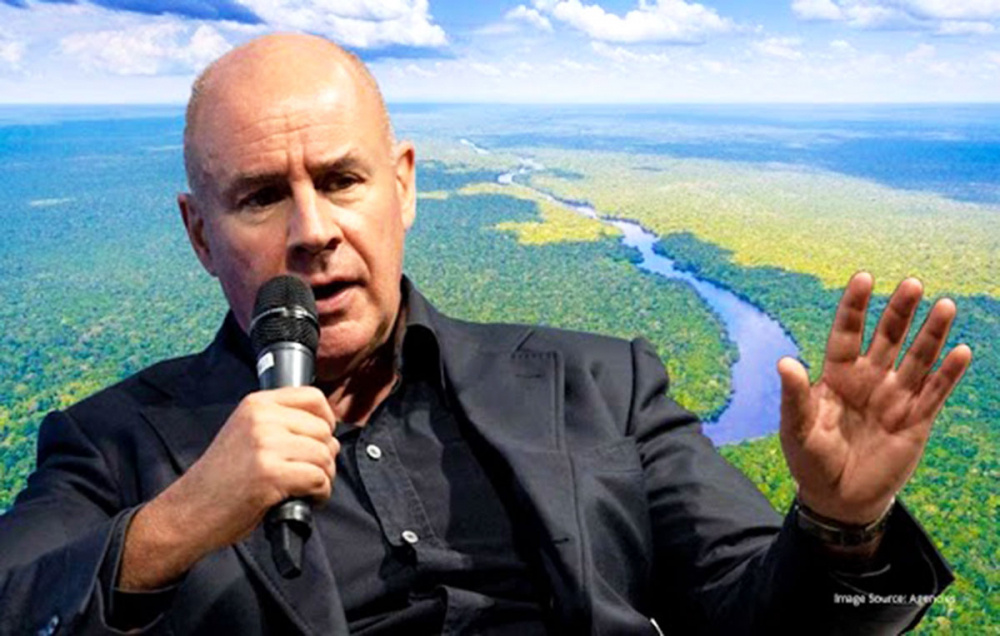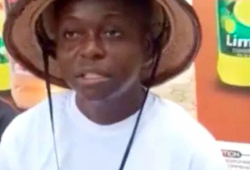
Foreign Property News | Posted by Zarni Kyaw
Even for a millionaire, Johan Eliasch's country retreat is on the large side.
The 1,600 square kilometers, or 617 square miles, of Brazil's Amazon rain forest that the Swedish businessman bought in 2005 would take several weeks to walk across, braving snakes and piranhas along the way.

He says he bought it to protect that rich environment but an influx of foreign buyers such as Eliasch is stirring indignation in Brazil, tapping into long-held fears that the country's massive land resources are coveted abroad.
The government has begun investigating what officials say may be irregular transactions, including Eliasch's, and said this week it is examining ways to put more controls on Brazilian companies using foreign capital to buy land.
The environment agency last week announced a $275 million fine on the Brazilian lumber company bought in 2005 by Eliasch, who is chairman of the Head sports firm and an environment advisor to British Prime Minister Gordon Brown, for alleged illegal logging.
A representative for Eliasch denied any irregularities.

Drawn by Brazil's boom in biofuels and housing or just looking to own vast estates, many foreign buyers easily skip around rules restricting foreign ownership by buying Brazilian companies and making the purchases through them.
Globo newspaper reported on Sunday that the government, concerned that foreign groups' ownership of land was a "threat to sovereignty", had requested ownership records from 570 municipalities in border areas.
"We need to establish rules urgently, because there is a global fight for Brazil's land," Rolf Hackbart, the president of INCRA, Brazil's land reform agency, was quoted as saying in Folha de Sao Paulo newspaper.
Few issues are as sensitive as land ownership in Brazil.

As well as worrying about foreign domination of the Amazon, it has a strong agrarian reform movement - the Landless Workers Movement - which wants land redistributed to rural workers and accuses the government of giving in to big agribusiness.
"You couldn't imagine this in England -a foreigner buying up land that takes up three, four of five cities," said Plinio Sampaio, head of the Brazil Association for Agrarian Reform.
Foreign land investment in Brazil jumped 347 percent between 2003 and 2007, according to central bank figures, with about $1.7 billion invested by foreigners in land in 2006 and 2007.
The land reform agency says 3.1 million hectares, or 12,000 square miles, out of a total 5.5 million hectares held by foreigners are in the Amazon.

Land in Brazil remains relatively cheap. English-language Web sites have sprung up offering huge tracts of land in far-flung areas. One of them this week was offering 678,000 acres of "pristine" timberland in the Amazon basin's Madeira river for $20 million.
For an unspecified price, you could buy nearly double that area in Amazonas state with "timber, unproven materials, latex, ecotourism, fruits and nuts."
"It's like having your own country," the advertisement said.
"Humanitarian and development potential limited only by your budget and your imagination."
Ref: Brazil investigating land sales to foreigners









